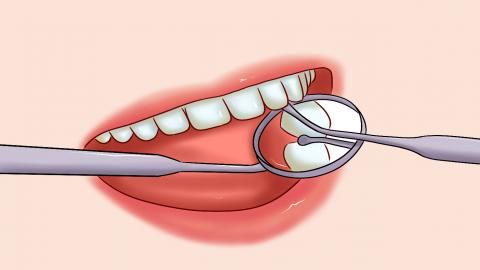Is it beneficial for children to have pit and fissure sealants?
Generally speaking, whether it is beneficial for a child to receive pit and fissure sealing depends on the child's oral health status, stage of dental development, and individual risk factors. If experiencing oral discomfort, it is advisable to promptly seek consultation with a professional dentist. A detailed analysis is as follows:

If a child's primary teeth or newly-erupted permanent teeth have deep pits and fissures that are difficult to clean thoroughly through daily brushing, and food debris tends to accumulate easily, especially if the child consumes a lot of sugary foods and has poor oral hygiene, the risk of developing dental caries is higher. In such cases, pit and fissure sealing is beneficial. By isolating bacteria and food debris with a sealing agent, this procedure can effectively reduce the likelihood of caries and protect dental health.
If a child's teeth have shallow pits and fissures that are easy to clean, and if the child maintains good oral hygiene with a low risk of caries, or if the teeth already show evident decay or damage, pit and fissure sealing would have limited value. For teeth already affected by decay, restorative treatments such as fillings should be prioritized rather than pit and fissure sealing.
When performing pit and fissure sealing for children, it is important to choose the dental department of a reputable hospital to ensure proper and standardized procedures. After the procedure, parents should assist the child in maintaining good oral hygiene, including thorough tooth brushing in the morning and evening, and rinsing the mouth promptly after meals. Avoid allowing the child to bite hard foods with the sealed teeth to prevent the sealant from becoming dislodged. Regular dental checkups are necessary, and if sealant loss or any abnormalities in the teeth are detected, timely intervention should be carried out.




